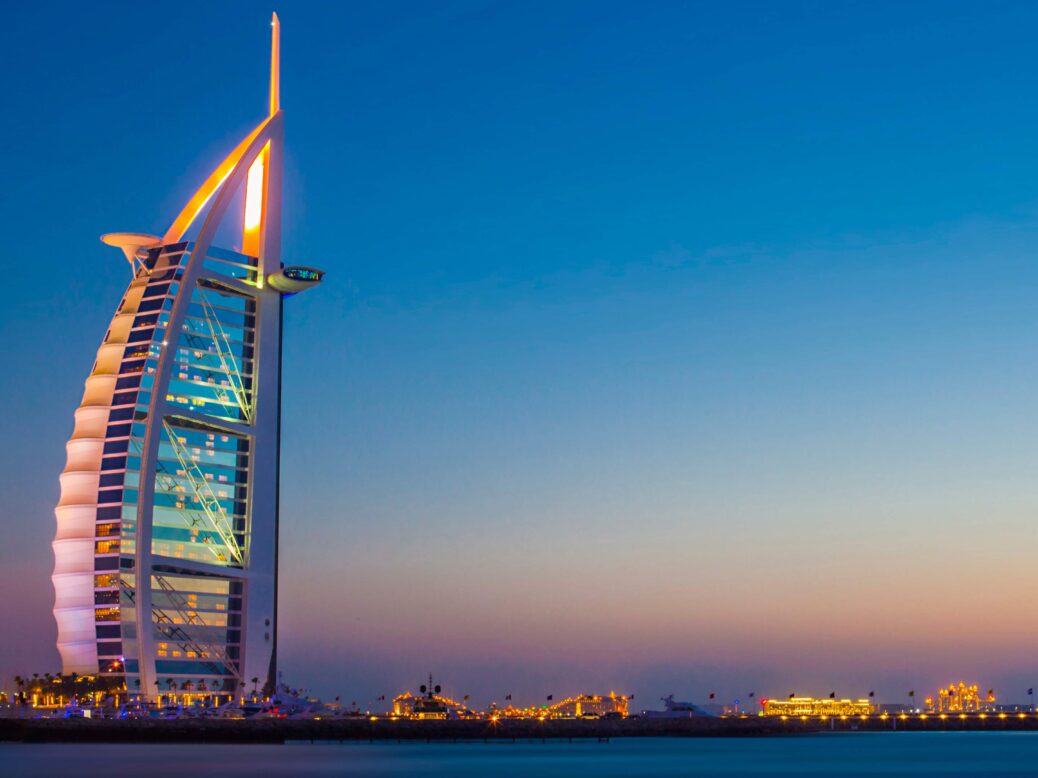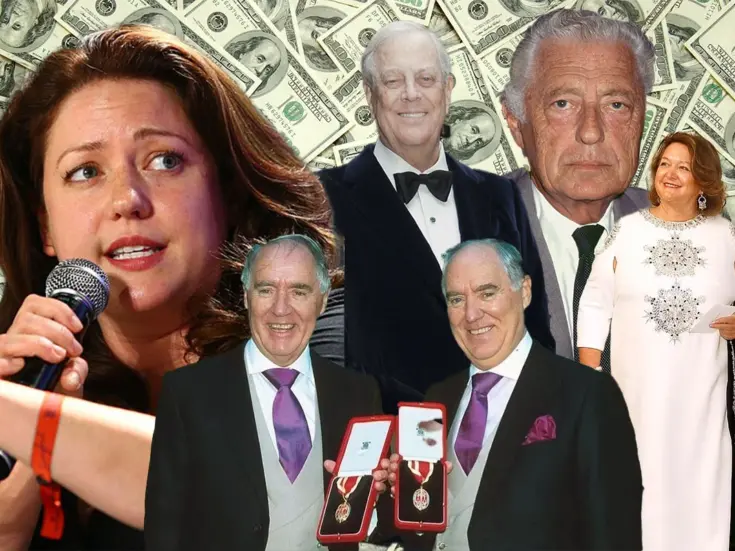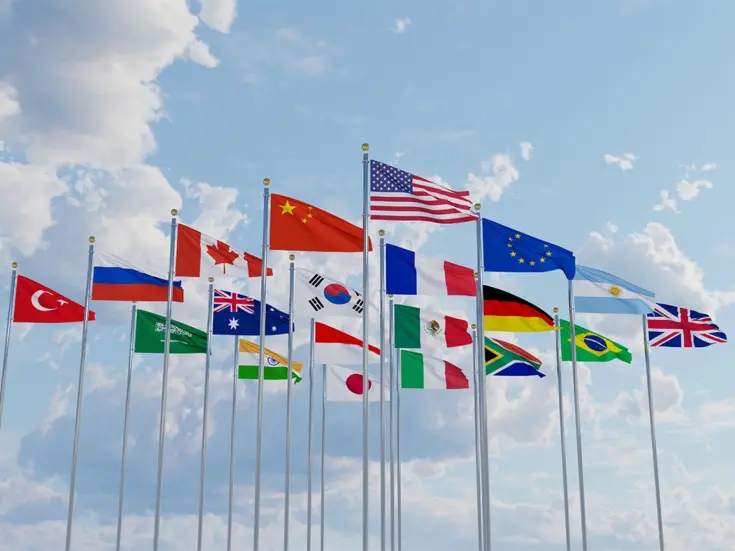
Dubai’s focus on finance, retail and tourism is paying off as oil prices fall, writes Rasika Sittamparam.
While the rest of the Gulf states are recovering from this year’s decade-low oil prices, the land of the Burj Khalifa comfortably towers over other financial centres in the Middle East. With less than 5 per cent of its revenue derived from oil, compared to the commodity’s more substantial role in the city’s early development, Dubai was cushioned from the recent slump and instead diversified its earnings.
Over 1,500 companies are currently set up in the federal free zone. With the recent relocation of HSBC’s Middle East headquarters from Jersey and the launch of Lloyd’s of London’s new regional insurance and reinsurance platform, the emirate is increasingly focusing on strengthening its equity markets, financial services, tourism and property. It also has an eye for fintech and aims to rival Silicon Valley by attracting talents in the technology sector with the launch of a variety of startups, following the success of the region’s first unicorn, Souq.com.
But what makes the UAE’s crown truly shine? ‘A well-administered financial centre with a good regulatory and legal environment,’ says Mark Yeandle, author and co-creator of Y/Zen’s Global Financial Centres Index (GFCI), who also points out Dubai’s 13th position on the list, ahead of Luxembourg and Geneva.
Arif Amiri, CEO of the Dubai International Financial Centre (DIFC) Authority, says the financial ecosystem is not only thriving but is also ‘continuously evolving’ as a result of client demands. He is proud of the free zone’s dual regulatory bodies, which work independently: the Dubai Financial Services Authority (DFSA) oversees using ‘international best practice’, while the Dispute Resolution Authority (DRA) is based on English common law. He says the twin systems create a business environment that ‘guarantees protection, transparency, business and investment certainty, and a level playing field for the financial community’.
With partnerships and agreements with over 90 jurisdictions worldwide, Amiri says the cooperation encourages a ‘flexible and supportive environment that facilitates ease of establishment and smooth operational procedures’. It also enables businesses to ‘model’ their own corporate structure, with a range of options from a representative office to a ‘full-fledged’ banking licence. ‘This is especially important when institutions and individuals are approaching new and emerging markets so they can get the best of both worlds — unparalleled connectivity to the Middle East, Africa and South Asia market,’ he adds. Those regions have an expected combined worth of $10 trillion by 2020.
While the financial centre excels as a gateway to Africa and South Asia, can the same be said about its connections to Europe, especially to the UK post-Brexit? As more than a million Brits visit the UAE, UK citizens contribute to Dubai’s tourism and are the second largest investors in the emirate’s real estate, with an investment of over £1.9 billion in 2015, according to the Dubai Land Department. Caroline Takla, founder of boutique buying agency The Collection, notices that UK investors are tightening their purse strings with the pound’s bleak performance following the referendum. She sees it as a repeat of 2009, when the US dollar’s strength overshadowed the pound and made the London market more desirable. While she says Dubai ‘isn’t as attractive’ to UK investors, Dubai-based investors are drawn to the UK’s property bargain, and are ‘diverting their cash away from Dubai and investing it in London. Interestingly, since Brexit we have had our busiest quarter from dollar-based clients — more than half of those are directly from the UAE. It will certainly have a knock-on effect on Dubai’s market.’
Despite a potential Brexit backlash in the property market, local investors maintain a more protectionist view. A report from the CFA Institute, which surveyed over 2,000 UAE financial professionals, shows that over 71 per cent of the respondents foresee no impact from the UK’s Leave vote on Dubai’s financial hub.
Indeed, geopolitical uncertainty does not deter Amiri, who says the financial centre is well equipped to ‘triple in size over the course of ten years’. The centre has already reached about 40 per cent of its targeted workforce of 50,000, he says, adding that a continuous relationship with a support network of key global players will make up 50 per cent of overall growth by 2024. Furthermore, says Amiri, infrastructure innovation and enabling services such as the Qualified Investor Fund, which makes transferring funds into the UAE easier for businesses, will certainly speed up the growth rate.
Overall, DIFC’s future looks promising as a springboard for harnessing the emerging markets, whose funds have attracted over $26 billion in the past six months. With a diverse revenue stream, liberal economic policies and a substantial reputation in the Gulf region, Amiri’s rosy outlook may resonate with the global investor network, making it a formidable competitor to the UK’s financial centre.
‘DIFC has both the resources and the legislative and physical infrastructure to secure rapid growth in years to come,’ he says. ‘Our innovative solutions and unique service offerings will continue to attract global firms to the region and further enhance our centre’s broad regional and international network.’








